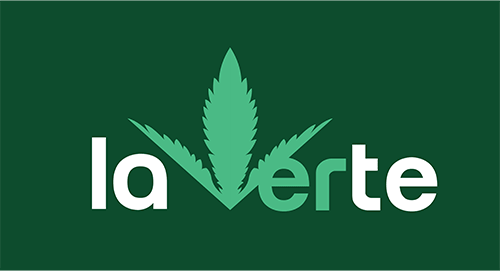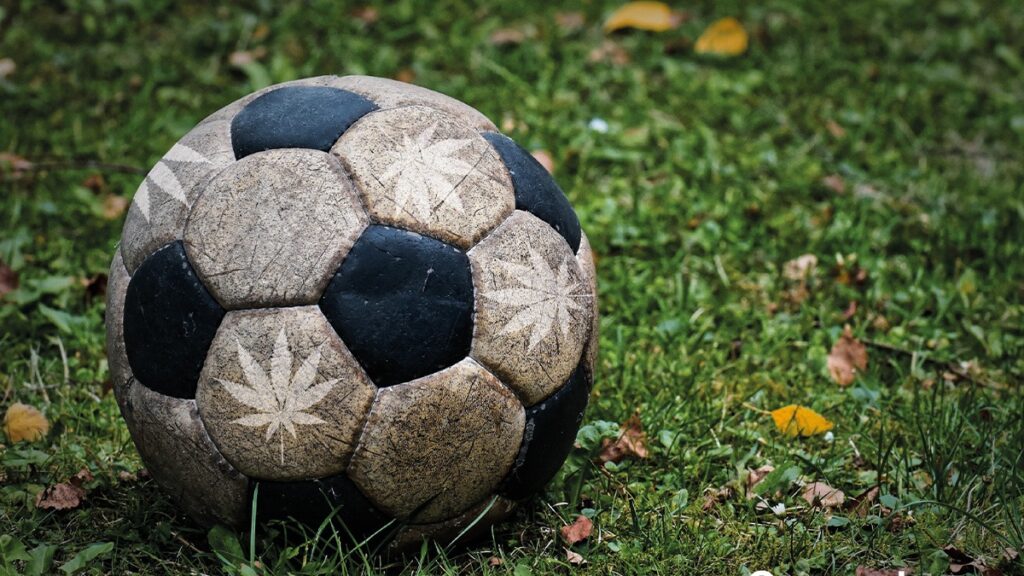Blog la Verte Shop
CBD in the world of football: Where do we stand?
Today, CBD (or cannabidiol) has been accepted by sports authorities around the world, but it has long had a bad reputation. For too long, this molecule found in hemp was associated with THC, also found in cannabis, and its psychotropic effects. But times have changed and today it is commonly used by top sportsmen and women, including, of course, footballers. It is still important to remember that the molecules of CBD and THC are completely different.
What is CBD and why is it useful for athletes?
CBD is one of the cannabinoids found in the hemp flower. But, unlike THC, the use of this molecule does not lead to psychotropic effectsIt is good for your health and can be prescribed medically.
Its virtues are numerous and recognised by medicine. In addition to an impeccable lifestyle, CBD has been shown to reduce or even eliminate anxiety and stress. It is excellent for improving concentration and facilitates muscle relaxation. CBD also promotes quality sleep and better recovery. These are all beneficial effects that are not to be underestimated when one is subjected to the pressure inherent in high-level sport, and the frantic pace of training and matches that accumulate.
What does the law say? And what does FIFA (Federation Internationale de Football Association) say?
On 31 December 2021, a decree published in the Official Journal authorised the use of CBD. To be more precise, it authorised the use of hemp varieties with a maximum THC content of 0.3 %. However, it restricted the way it could be consumed. Thus, leaves and flowers were prohibited from being sold for public health reasons. However, following a Question Prioritaire de Constitutionnalité (QPC), the Council of State disagreed with the French government's position and allowed the sale of leaves and flowers.
FIFA has authorised its use in 2018. Rather, the International Football Federation has removed CBD from the list of prohibited products, following the recommendations of the World Anti-Doping Agency (WADA).
Some examples in professional football:
Many footballers have embraced the drug, such as Megan Rapinoe, a US national team executive, world champion and Olympic champion. This great athlete is an active advocate of CBD. After repeated injuries, she was able to overcome her physical problems with CBD. She has often said that she has always preferred natural alternatives to all the chemicals she has been prescribed for better recovery, better sleep, better concentration, etc. She summarises her way of being fit as follows: water, CBD and sleep. She sums up her way of being fit as follows: water, CBD and sleep. She is so convinced of the benefits of CBD that she has even created a company dedicated to selling products containing the molecule, The Mendico CBD. Many stars from the NBA (US professional basketball league) and NFL (US professional football league) have also publicly praised CBD.
This is not an isolated case, and whether at the highest level or at an amateur level, footballers today no longer hide their attraction for CBD, particularly in the context of their recovery. With the development of this market, the CBD sales has become quite common, as well as legal. This is evidenced by the hundreds of shops, both physical and online, that have sprung up in France in recent years.
On another note, but still in the world of football, it should be noted that the Birmingham City club in the United Kingdom is sponsored by a CBD-based drink brand. This drink is sold alongside CBD sweets in the stadium refreshment room during half-time. The issue of CBD is really no longer taboo in the world of football!

